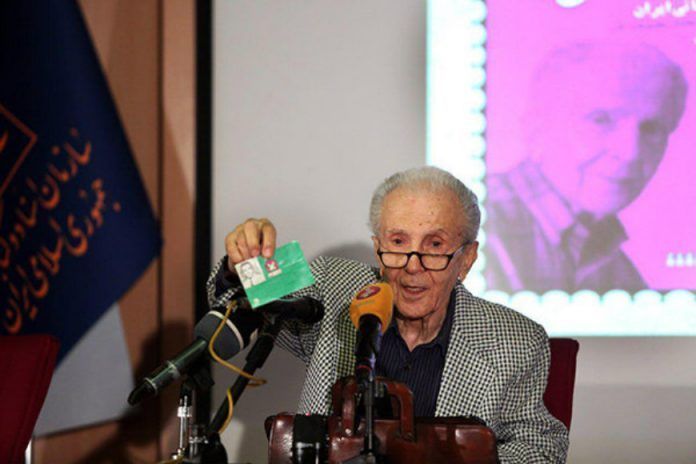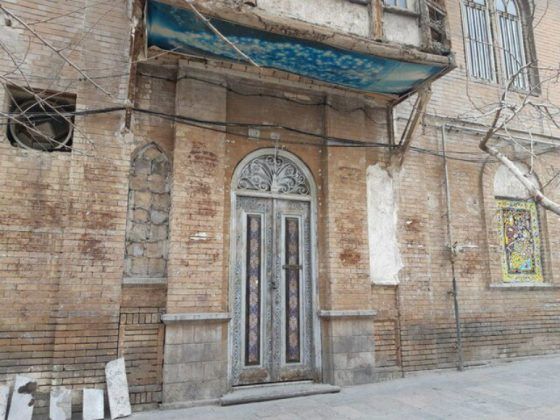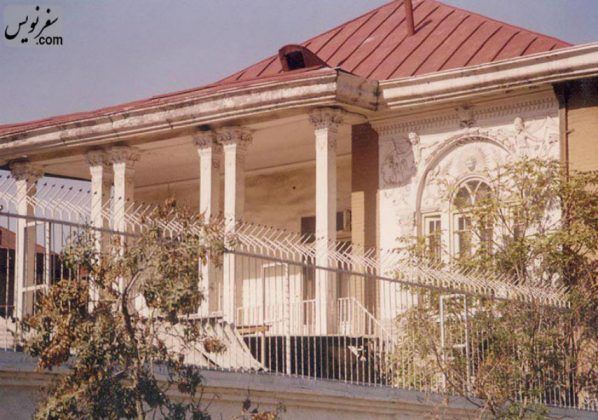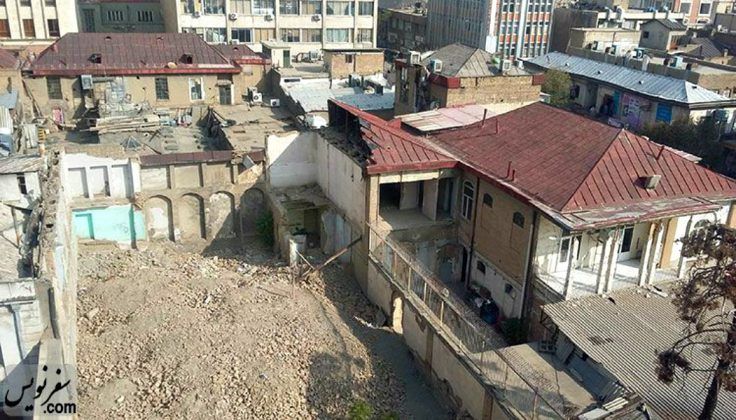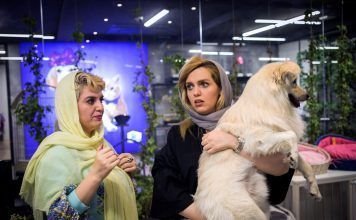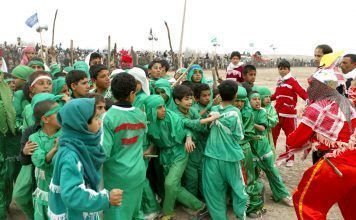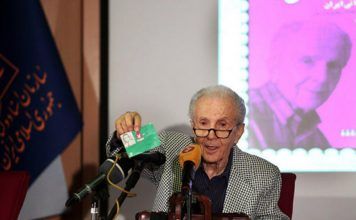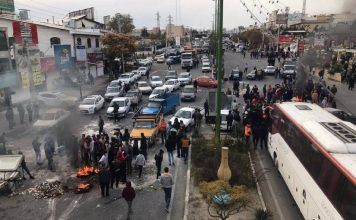Hassan Tofigh, the renowned Iranian cartoonist and the managing editor of the satirical weekly magazine Tofigh, died of a heart attack on May 31 at Tehran’s Asia Hospital. He was 95.
“Mr. Tofigh was hospitalized a few days ago because of a loss of appetite,” Hadi Heydari, a cartoonist, told the Iranian Students News Agency (ISNA). “Unfortunately, he passed away at 3 pm today after suffering a heart attack.”
Hassan Tofigh was born on March 11, 1926. He had two younger brothers, Hossein and Abbas, who also worked at Tofigh. Hassan was the managing editor of the weekly for 29 years.
Hassan graduated from the Dar ul-Funun high school, the first modern learning institution in Iran. He also received a degree in criminal law from Tehran University. After leaving university, Tofigh worked for the Ministry of Finance before joining the weekly, then managed by his maternal uncle Mohammad Ali Khan Tofigh.
Mohammad Ali Khan’s father, Hassan Tofigh, founded the weekly in 1924. It was published every Friday from 1924 to 1971.
The weekly’s mischievous slogan — “Fellow citizens, don’t forget two things on Friday night; the second one is buying a copy of Tofigh!” — amused readers.
Starting in 1941, Hassan (cartoonist/writer), and his brothers Hossein (writer) and Abbas (writer/cartoonist) gradually took over the management of the weekly.
Hassan became the managing editor of the weekly after several people associated with the political left and the Tudeh Party (the Iranian communist party) left the magazine in the early 1950s.
Hassan did many of the weekly’s front-cover cartoons. He also wrote satirical articles under the pseudonyms “Sharsar-e Khashen” and “Mirza GhashamSham.”
After leaving the Ministry of Finance, Hassan Tofigh received his law license, allowing him to work as a lawyer while pursuing his career as a journalist.
The owner of the building, which housed the original editorial offices and the weekly’s Rangin printing shop, reportedly plans to demolish it and build a shopping mall. The owner had knocked down a section of the east wall of the building in 2016 without informing the Iran Cultural Heritage, Tourism, and Handicraft Organization (ICHTO).
This article was translated and adapted from Persian by Fardine Hamidi.

